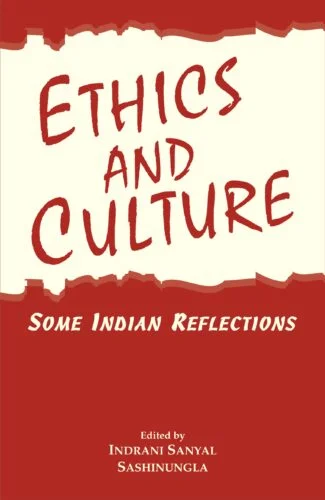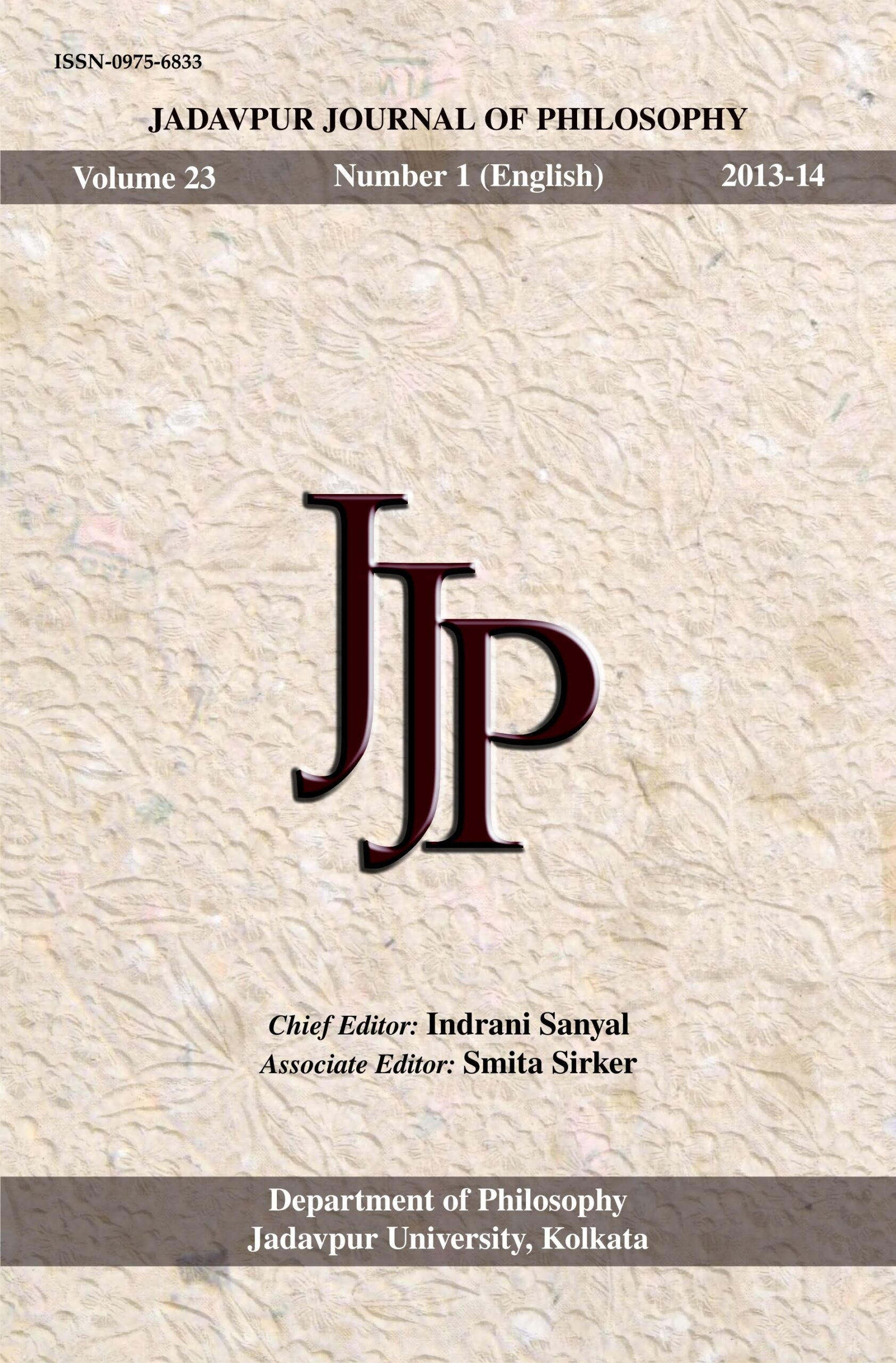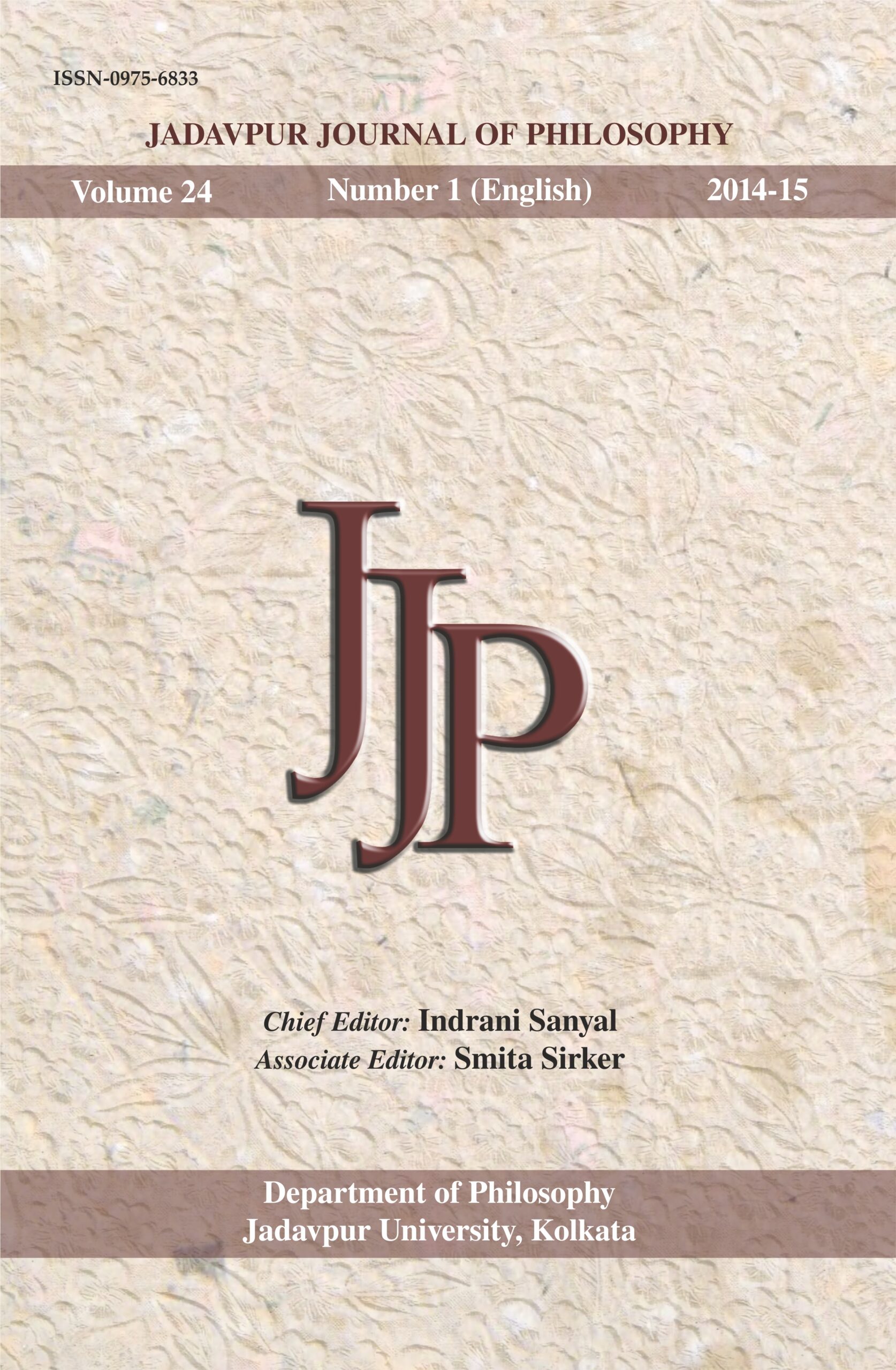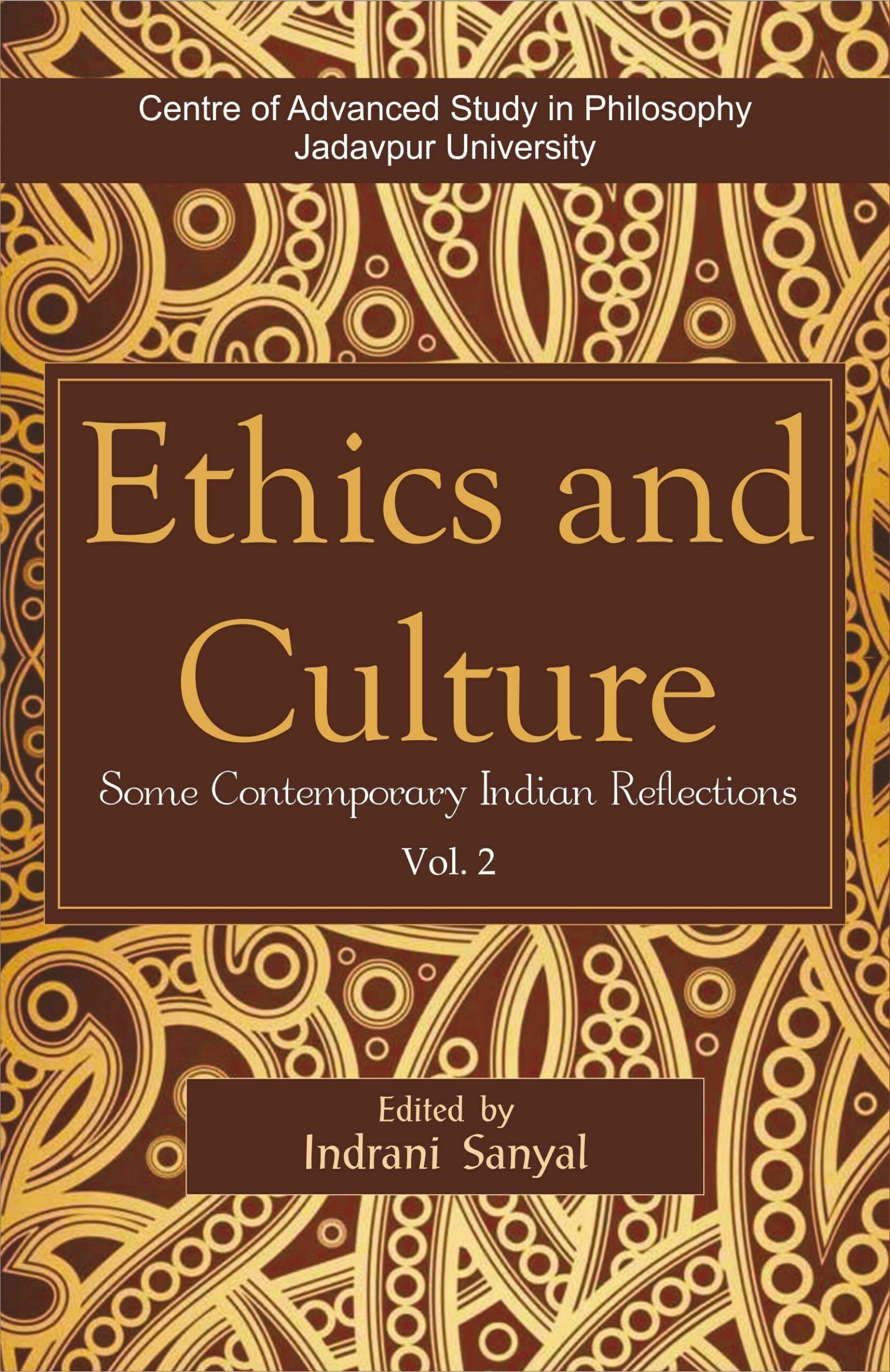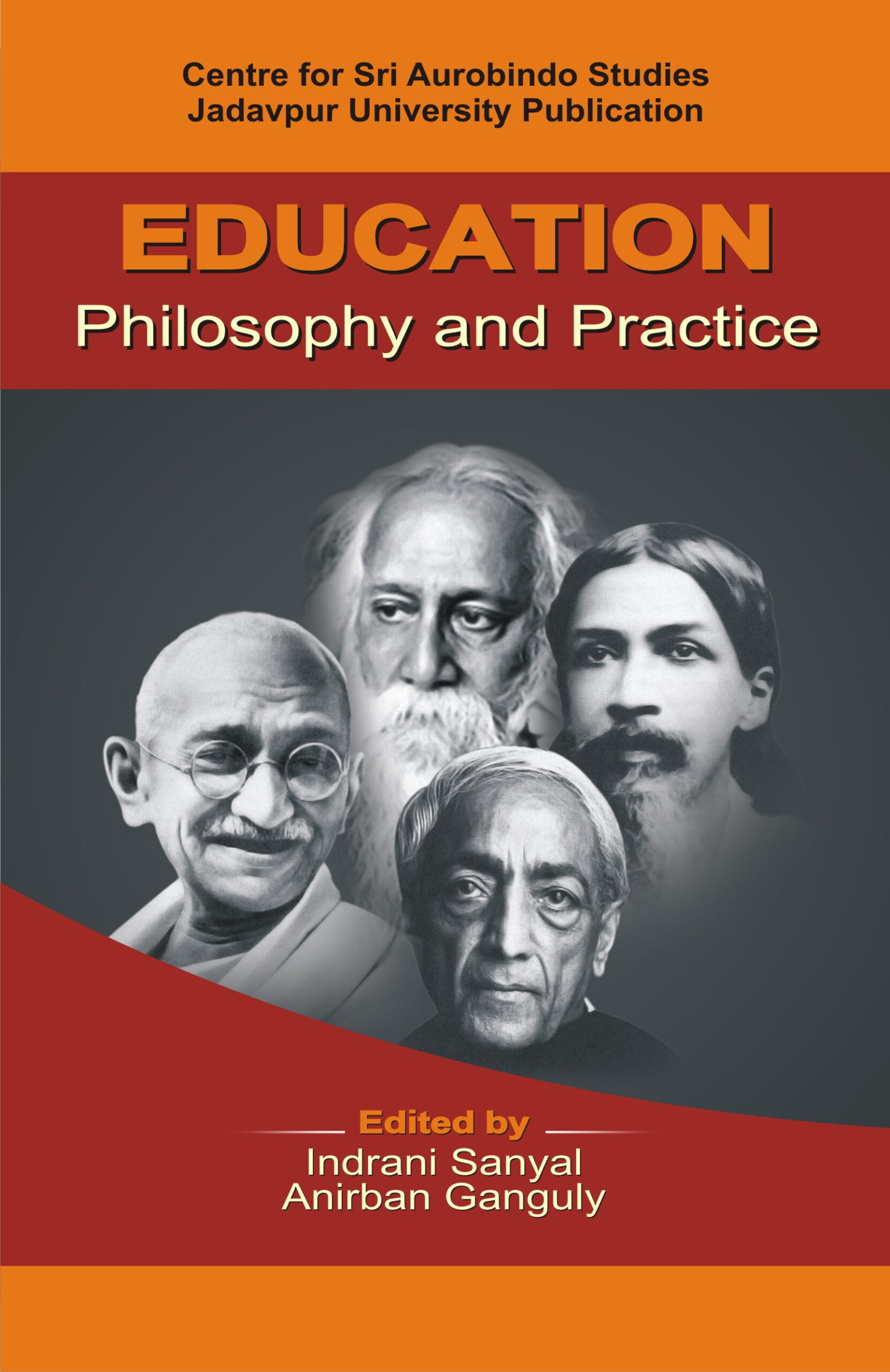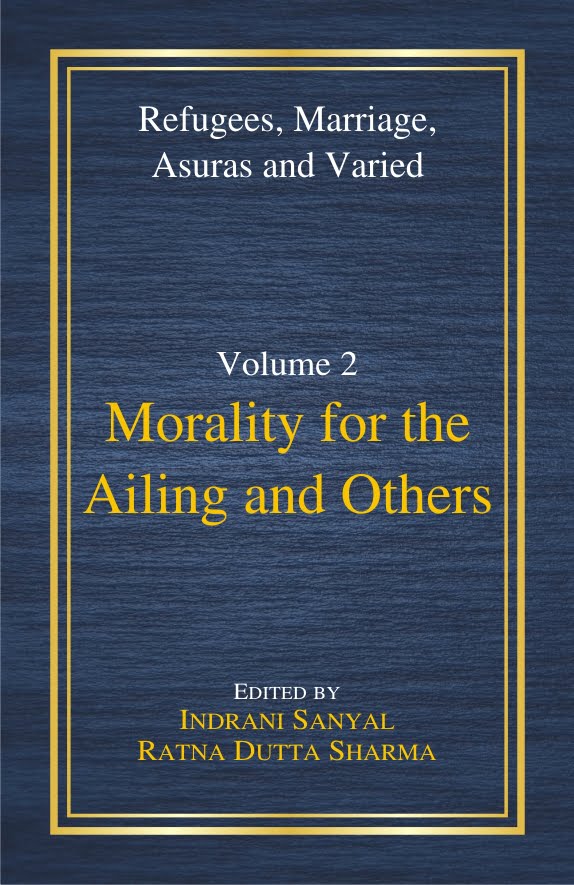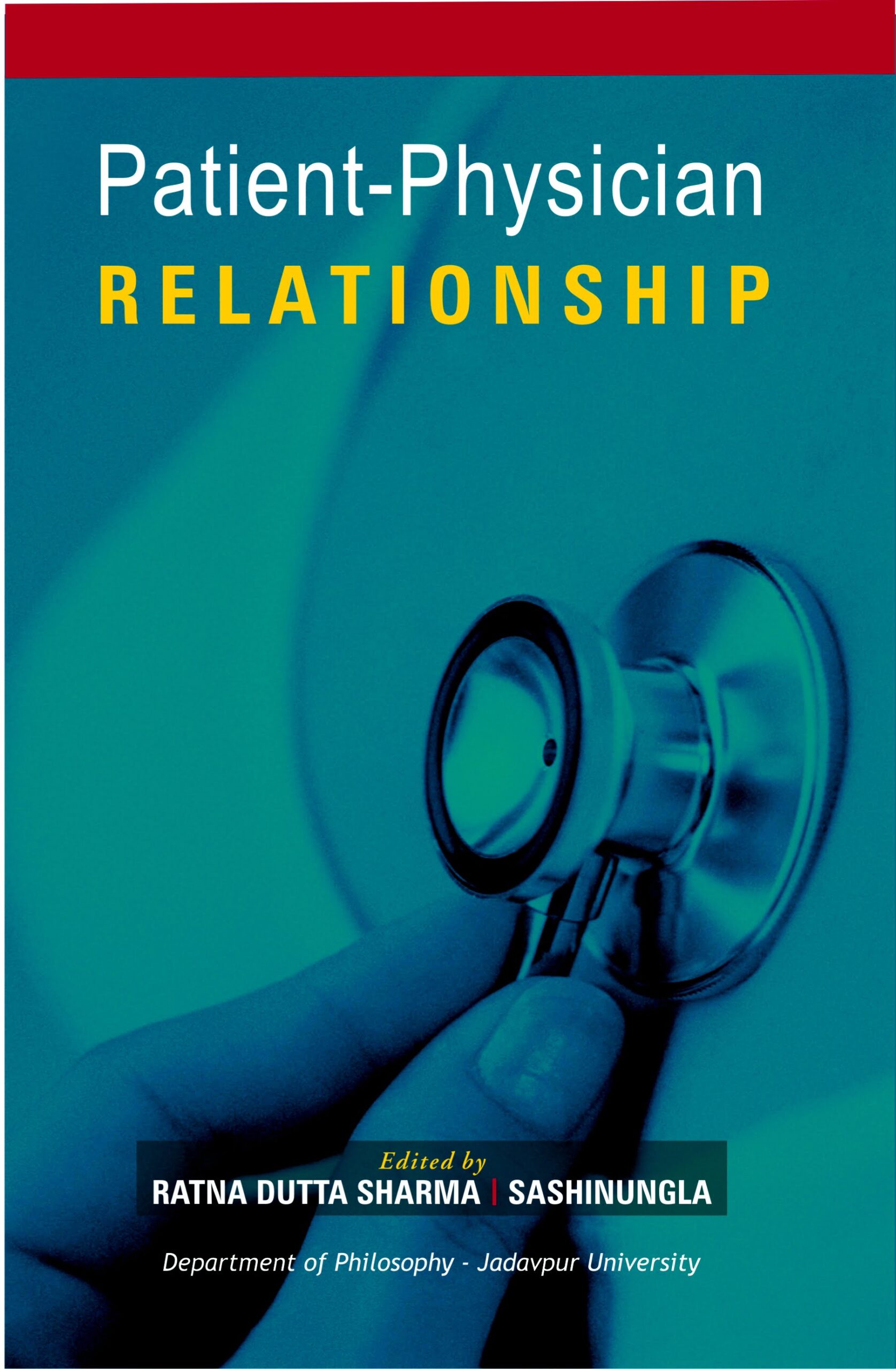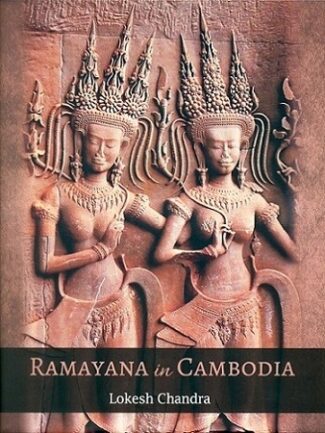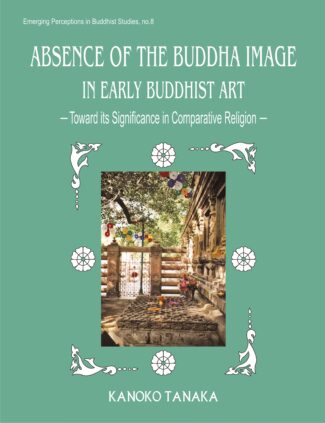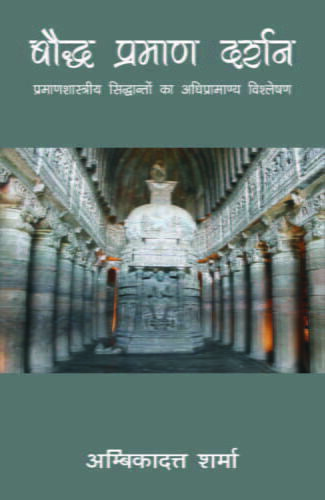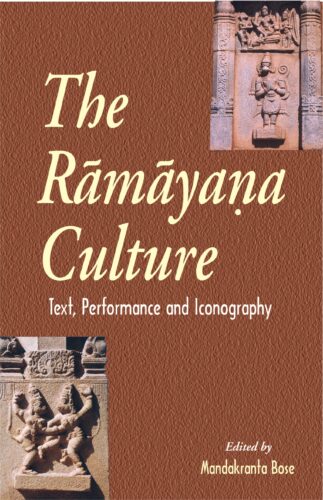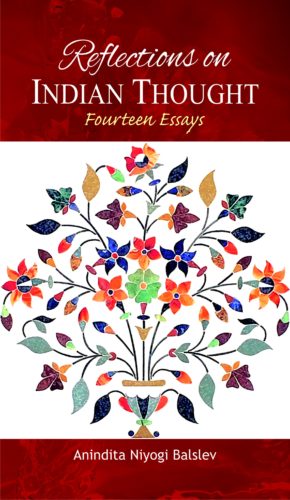

Ethics and Culture:S...
Ethics and Culture:Some Indian Reflections
by: Indrani Sanyal , SashinunglaThe book explores values that involve mans existence and his interaction and interrelations with others and deal with the Vedantic, political and economic thoughts of eminent saints and thinkers of India. The articles also include various viewpoints with the hope to ignite the spirit of better understanding of values.
₹795.00 Original price was: ₹795.00.₹716.00Current price is: ₹716.00.
ISBN: 9788186921524
Year Of Publication: 2010
Edition: 1st
Pages : viii, 364
Language : English
Binding : Hardcover
Publisher: Decent Books
Size: 23
Weight: 700
The anthology Ethics and Culture: Some Indian Reflections looks into global and local questions pertaining to individual morality and social ethos in the larger domain of man in relation to man, in relation to various domains of society and also in relation to nature/world/cosmos. A group of philosophers have presented a panorama of pluralistic Indian perspectives that include classical, traditional Vedic, contemporary and tribal viewpoints with the hope to ignite the spirit of better understanding of values. The result is a well-planned text for students of philosophy, sociology, anthropology and politics and an analytic and authentic reference for researchers with interest in these areas of thought.
Any forward-looking reader with a wider interest may find this anthology to be quite useful.

- Sale!Ramayana in Cambodia by: Lokesh Chandra
₹3,000.00Original price was: ₹3,000.00.₹2,700.00Current price is: ₹2,700.00.The book commences with a short wrap-up of the history of Cambodia with the arrival of Sage Kaundinya and comes down to the coronation ceremonies of Cambodian monarchs to whom the brahmin Grand Master hands the statues of Lords Siva and Visnu as the keeper of Divine Values (dharmaraja), and the Sacred Sword with the mantra ‘Take, for Thou art the Lightning of Indra’. The Grand Master is called Rama-rajya-adhipati. Prof. RaghuVira wanted to publish all the 442 Sanskrit inscriptions of Cambodia in Devanagari and their facsimiles. Prof. Coeaes sent their list which has been reproduced here. It shows how Sanskrit was the language of the state till the 12th century. After long-drawn negotiations the Government of Cambodia sent monk Ven. Candravarna in 1961. He obtained the Ramakirti from his uncle (parts 1-6, 8-10, 75). He used to transcribe the Cambodian text into Devanagari and give a resume which wrote down in English. Both have been reproduced here
- Sale!Absence of the Buddha Image in Early Buddhist Art by: Kanoko Tanaka
₹1,500.00Original price was: ₹1,500.00.₹1,350.00Current price is: ₹1,350.00.It is next to impossible today to even think of Buddhism without the presence of the Buddha image! The image of the Buddha, in truth, has not only come to symbolise the essence of Buddhism but is also a brilliant expression of the cultural/artistic achievements of the Buddhists since ancient times. Surprisingly, the Buddha image developed at a later stage of the evolutionary process; after the parinirvana of the Buddha, the Buddhists for a considerable time beheld the Buddha and experienced him in their own minds without taking recourse to the Buddha image itself. In Absence of the Buddha Image in Early Buddhist Art, Dr. Tanaka, a well-versed scholar, has for the first time ever explored the absence of the Buddha image in Buddhist art particularly in the period from third century bc to late first century ad in order to rediscover the significance of this phenomenon. Dr. Tanaka observes Bharhut and Sanchi sculptures to point out the most essential motifs and elements of stupa-art design the visible facts pertaining to the absence of the Buddha image. The author studies the religious, philosophical, artistic and political significance of the visible facts, highlighting the concept of the empty throne as the motif representative of that absence. She applies the empty throne concept to the sanctuaries of monotheistic religions, and thus undertakes a comparative study of Buddhism and other religions, particularly, Zoroastrianism, Judaism, Christianity, Islam and Sikhism to suggest that present-day discussions on the linkage between religions can centre on this theme. The dexterous handling of the topic combined with the authors use of first-hand research material makes this an erudite study. The directness in the authors approach and the unwavering eye on the theme sustains the interest throughout. An abundance of visual material, i.e., drawings and photographs, and tables immensely aid in analysis of the visible facts. This intense work on a rich theme offers well-researched and interesting material that will be useful to scholars of religious studies, fine arts and even philosophy.
- Sale!Baudha Pramana Darshan by: Ambika Datta Sharma
₹800.00Original price was: ₹800.00.₹720.00Current price is: ₹720.00.In Indian tradition of knowledge, the historical advancement of epistemological intellection/thinking flourished through five alternative points of departure, where the first belongs to Maharshi Gautama, who showing priority of epistemology over metaphysics, proposes a constructive model of epistemology. In opposition to this universally acceptable postulation of Maharshi Gautama, three refutative points of departure of epistemological critique of Nagarjuna, Sri Harsha and Jayarasi Bhatta progressed. These three attain their cognitive termination either in the severance of the priority and the position of episteme or in the deconstruction of epistemology. The fifth point of departure evolves from Tarka Pungava Dinnaga, which, parallel to Gautamas exposition and as an option of substitution to Nagarjunas epistemic displacement, presents a reconstructive model of metaphysical epistemology.
In this treatise, an effort has been made to understand the foundational structure of the aforementioned Bauddha Prasthan through certain basic principles, which happen to be the deciding factors/determinative agents in respect of dissensions relating to the matter and corollary, features, and a number of episteme and alternative approaches. From the espoused system of analysis and explication for the purpose, the meta-epistemic dimension of epistemological intellection/thinking of Indian philosophy gets revealed. In fact, it is in this dimension, the optional feature of epistemological doctrines can be recognized to know further that why any epistemological assessment/appraisal is like this?, why isnt it different? In this way, making the basic doctrines of Buddhist epistemology the fundamental point of reference, this treatise attempts have been made to demonstrate that how Indian epistemological intellection/thinking keeps metaphysics in itself as a bequest, and in its expanding/enlarging form it persistently expresses the metaphysical divisions. - Sale!Ramayana Culture by: Mandakranta Bose
₹800.00Original price was: ₹800.00.₹720.00Current price is: ₹720.00.These essays, originally presented at an international conference, are in the forefront of the modern response to an ancient work that has gained a new critical and social relevance in contemporary scholarship. Approaching the Ramayana from several angles in an attempt to understand its aesthetic and ideological meaning, they examine the epic through the perspectives of textual criticism, art, architecture and film. Thereby they address critical issues such as the seminal status of Valmiki, the underlying problem of canonicity itself, the importance of other — so-called derivative — Ramayanas, the implications of gender representation, and the cultural manipulation of social ideals relating to the position of women and the idealisation of love that achieves its highest value in marriage. Using the methods of rigorous textual and historical investigation, each essay seeks not only to uncover the layers of meaning in the complex structure of the epic in its varied forms but also to situate it critically in the cultures of South and Southeast Asia.
- Sale!Reflections on Indian Thought by:
₹850.00Original price was: ₹850.00.₹765.00Current price is: ₹765.00.This anthology, consisting of fourteen essays, deals with a variety of themes that are of central importance for an authentic appreciation of the philosophical core of the Indian culture. The readers will find here illuminating discussions on various issues that bear witness to the critical thinking and deep reflection on the part of the author that have enabled her to carefully expose the subtle internal divergences that nourish the Indian conceptual world.
Based on arduous and painstaking research, these essays focus on a range of topics. There are several essays on multiple aspects of the large themes of time and consciousness, penetrating analysis showing how in the ancient discourse ideas of klesha (affliction), abhyasa (practice) and karuna (compassion) as well as on women and values are dealt with. There are also deliberations on the themes of religious diversity and the need for an encounter of world religions along with the attempt to explore India’s self-image. All these have contemporary relevance, as these essays clearly bring out the distinctive character of a living culture.


